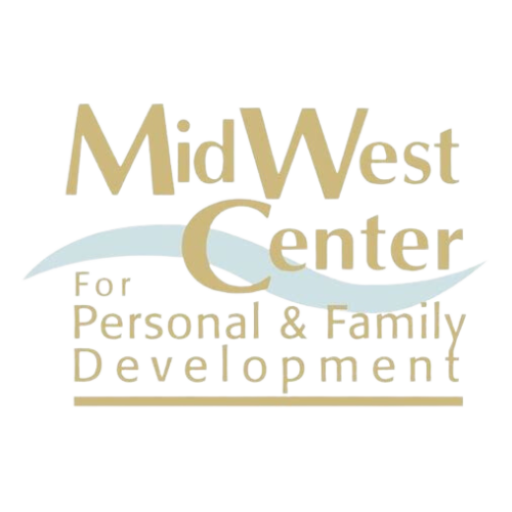ADD / ADHD Management

What are ADD and ADHD?
Attention Deficit Disorder (ADD) and Attention Deficit Hyperactivity Disorder (ADHD) are neurodevelopmental disorders that affect both children and adults. While the terms are often used interchangeably, ADD typically refers to the inattentive type of ADHD, which does not include hyperactivity.
Symptoms of ADD/ADHD
Symptoms can vary widely among individuals, but they generally fall into two main categories: inattention and hyperactivity-impulsivity.
Inattention
People with inattentive symptoms may:
- Have difficulty focusing on tasks or following through on instructions
- Be easily distracted by extraneous stimuli
- Struggle with organization and time management
- Frequently lose items necessary for tasks
- Avoid tasks that require sustained mental effort
Hyperactivity-Impulsivity
Individuals exhibiting hyperactive and impulsive symptoms may:
- Fidget or tap hands and feet
- Have difficulty remaining seated in situations where it is expected
- Talk excessively or interrupt others
- Struggle with waiting for their turn in conversations or games
Causes of ADD/ADHD
The exact cause of ADD/ADHD is not fully understood, but several factors may contribute:
- Genetics: ADHD tends to run in families, indicating a genetic component.
- Brain structure: Differences in brain structure and function may be linked to the disorder.
- Environmental factors: Exposure to toxins during pregnancy, premature birth, or low birth weight may increase the risk.
Diagnosis
Diagnosing ADD/ADHD typically involves a comprehensive evaluation that includes:
- Clinical interviews with parents, teachers, or caregivers
- Behavioral assessments and rating scales
- Review of medical history and any coexisting conditions
Treatment Options
While there is no cure for ADD/ADHD, effective treatments can help manage symptoms. Common approaches include:
- Medication
Stimulant medications (such as methylphenidate and amphetamines) are often prescribed to help improve focus and reduce impulsivity. Non-stimulant medications may also be used.
- Behavioral Therapy
Behavioral interventions can help individuals develop coping strategies, improve organizational skills, and manage time effectively.
- Educational Support
Teachers can implement strategies such as individualized education plans (IEPs) or 504 plans to accommodate students with ADD/ADHD, creating a supportive learning environment.
- Lifestyle Changes
Healthy lifestyle habits, including regular exercise, a balanced diet, and good sleep hygiene, can also support symptom management.
When to Seek Help
If you or someone you know is experiencing symptoms of ADD/ADHD that interfere with daily life, seeking a professional evaluation is crucial. Early diagnosis and intervention can make a significant difference in managing the condition and improving overall quality of life.
Understanding ADD and ADHD is essential for fostering awareness and support. With the right resources and strategies, individuals with these disorders can thrive in their personal, academic, and professional lives.

